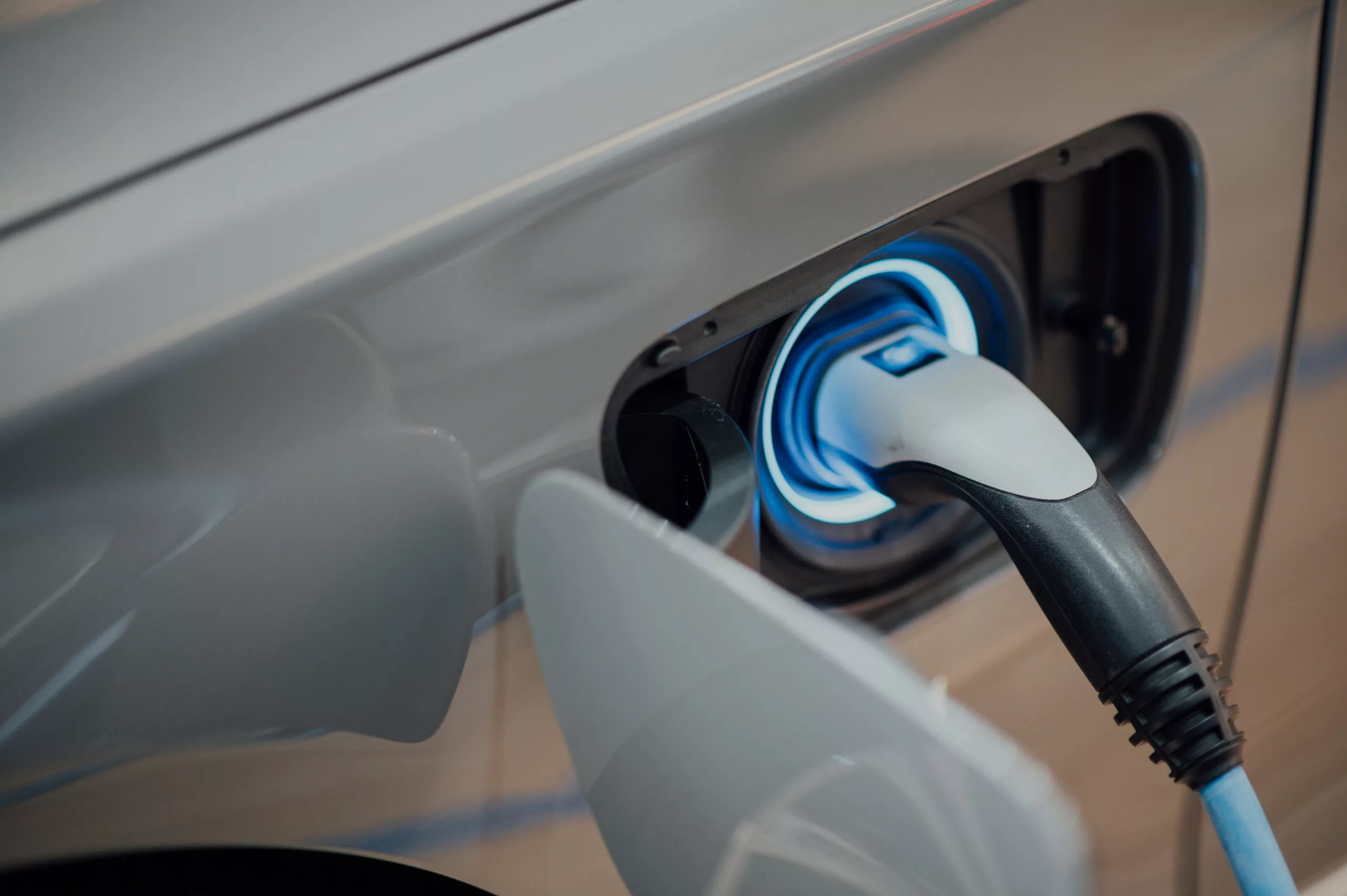The United States has taken a colossal leap towards a greener future with the Biden administration’s introduction of a ground-breaking rule targeting vehicular emissions. In a landmark decision slated to revolutionize the automotive industry, the rule insists on a hefty 56% reduction in fleet-wide average carbon emissions by 2032, brandishing it as the most rigorous pollution standard to date for American cars and light-duty trucks. With President Biden vowing US leadership in producing sustainable vehicles, these measures reflect a pivotal shift towards environmental responsibility.
Toward a Cleaner Future: The Phased Approach Explained
Interestingly, this ambitious emissions legislation is structured to ease in stringent requirements over time, ultimately aligning with the predicted uptick in electric vehicle (EV) sales after 2030. Such an approach paves the way for manufacturers to align with the greener paradigm gradually, where the expected outcome remains unchanged – a significant slash in pollution levels, cutting down not just carbon emissions but also pollutants harmful to human health.
The Health Benefits of Emissions Reduction
A critical aspect that should not be overlooked is the health implications of reduced fine particulate emissions. These tiny particles wreak havoc on human health, infiltrating the bloodstream and causing substantial harm, especially to the most vulnerable members of society: our children. With the implementation of this rule by 2035, the projected reduction in these harmful particles is a resounding 95%.
Controversies and Opposition to the New Rule
Despite its evident environmental and health benefits, the rule faced disapproval from figures such as Senator Joe Manchin and a cohort of attorneys from 25 states who argue about an implied “EV mandate.” These critics raise concerns about the nation’s supply chain security, the economic impact, and the alleged overstepping of the EPA’s authority. Their opposition serves as a potent reminder of the collision between environmental policies and vested economic interests, notably within the fossil fuel sector.
The Industry’s Take on the Emissions Standards
Contradicting the political outcry, bodies like the UAW and the Alliance for Automotive Innovation have expressed support or pragmatism toward the regulations. Their statements reflect a recognition of the rule’s balanced approach, which accommodates current automotive industry practices while setting a course for sustainable innovation. In essence, the industry appears ready to drive down the road of environmental evolution.
Subverting Environmental Policy: RAGA’s Role
The fervor among the rule’s detractors often masks well-organized campaigns with deep-rooted affiliations. Investigations by Heated and the Center For Media And Democracy highlight the role of influential organizations such as The Republican Attorneys General Association (RAGA), revealing a pay-to-play dynamic fueled by the fossil fuel industry to influence state legal actions.
Breaking Down the Opposition
Peering behind the curtain of these political maneuvers uncovers a more extensive plot to shift power from federal to state hands, aligning with specific private interests. The strategy harks back to a more decentralized approach to governance, where states become battlegrounds for policy control, heavily influenced by entities like RAGA and powerful figures such as Leonard Leo.
The Bigger Picture: What’s at Stake
In the grand scheme, the clash over emissions policy extends far beyond environmental goals—it’s emblematic of a broader tug-of-war over America’s values and direction. The positions adopted by opponents of the emissions rule reflect a strategic play within a wider initiative to mold the nation’s ideological and financial future to benefit a select few.
